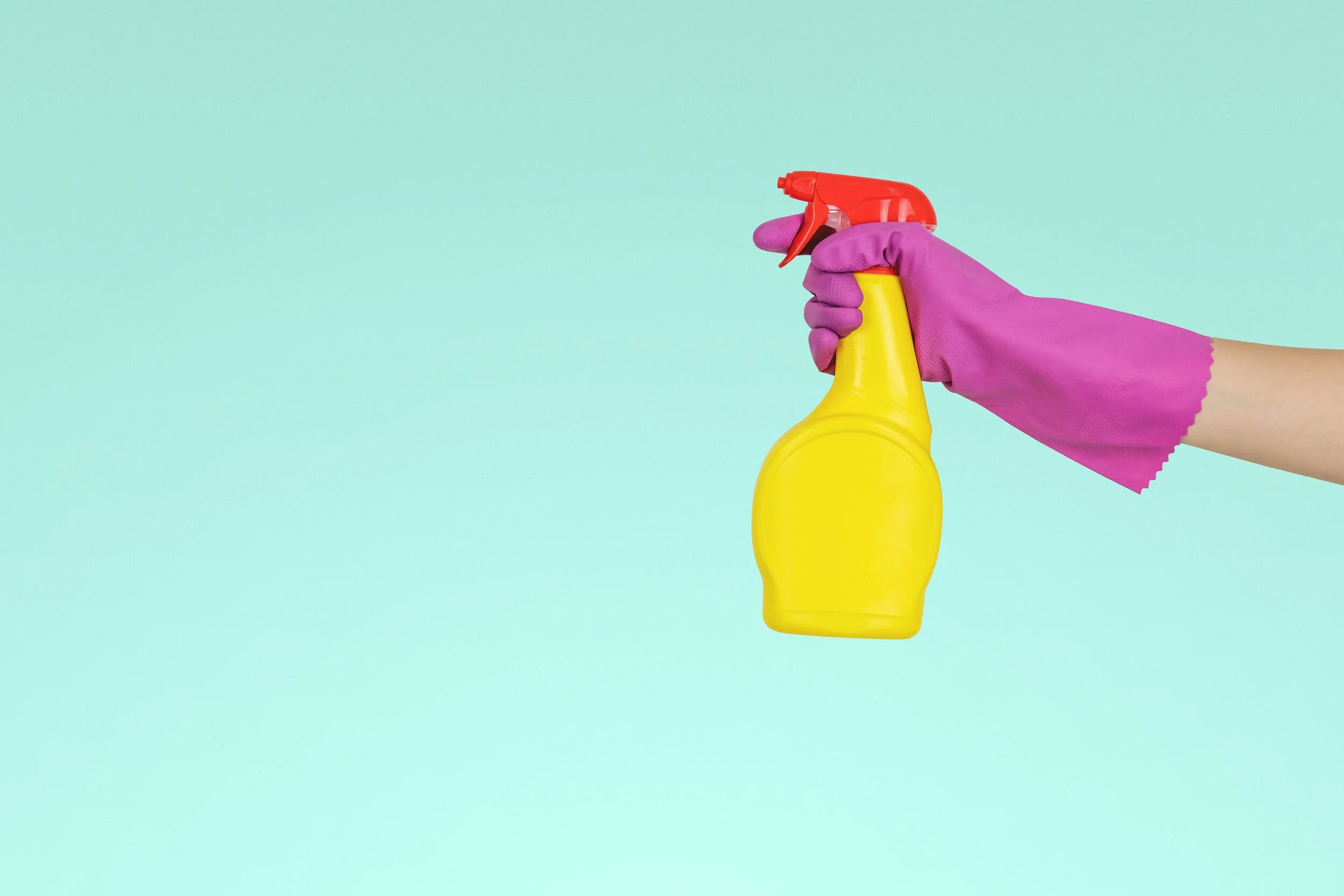Businesses across North Carolina rely on safe chemicals to do business every day. As of 2018, over 86,000 chemicals were registered for commercial use. Yet thousands of these chemicals went untested by the Toxic Substances Control Act passed in 1976.
More than 40 years later, there is good news. The EPA recently announced an updated list of chemicals in commercial use for the first time in 40 years as part of the Chemical Safety Act of 2016. However, much work remains to ensure the safety of these chemicals for businesses and their customers.
The North Carolina Business Council and the Sustainable Furnishings Council have joined together to advocate on behalf of businesses and their customers to expedite these efforts. We believe that commercial chemicals should be tested and that the results should be shared publicly.
Business owners know that safer chemicals are good for business. A poll by the American Sustainable Business Council, who represent over 250,000 US businesses, found that “73% of small business owners support government regulation to ensure the products companies buy and sell are non-toxic.”
These efforts are crucial to the survival of businesses in order to:
Protect the health of employees: Businesses invest time and money to train employees. When worker-related illnesses occur because of unknown chemical hazards, businesses lose out due to lowered worker productivity and higher health costs.
Reduce exposure to future litigation: Companies can face financial ruin when lawsuits emerge, sometimes decades later, about chemicals that were found to cause health and environmental harms. Businesses need to know the truth about chemicals in their supply chain so they can make sound financial decisions and eliminate fear of future litigation.
Retain the trust of customers and investors: Businesses strive to earn the trust of their customers and investors. Companies have the right to accurate and up-to-date information about the safety of the chemicals they use. In turn, they can share this transparency with their customers to boost consumer confidence in their purchasing decisions and maintain the loyalty of customers they have worked hard to earn.
Support innovation: When unsafe chemicals are removed from the marketplace, businesses can broaden the market for green chemicals. In turn, these new businesses can then expand and support other businesses through these innovations.
We urge businesses to join us in supporting “What’s It Made Of? Initiative, a joint effort by the American Sustainable Business Council and Sustainable Furnishings Council. We encourage businesses and consumers alike to ask this question to improve the quality of our products and encourage transparency in the supply chain. With the EPA now empowered to test and regulate more chemicals, businesses and consumers need to stay committed for the health of their families and future generations. To find out more information about this initiative, please visit the Sustainable Furnishings Council website.

